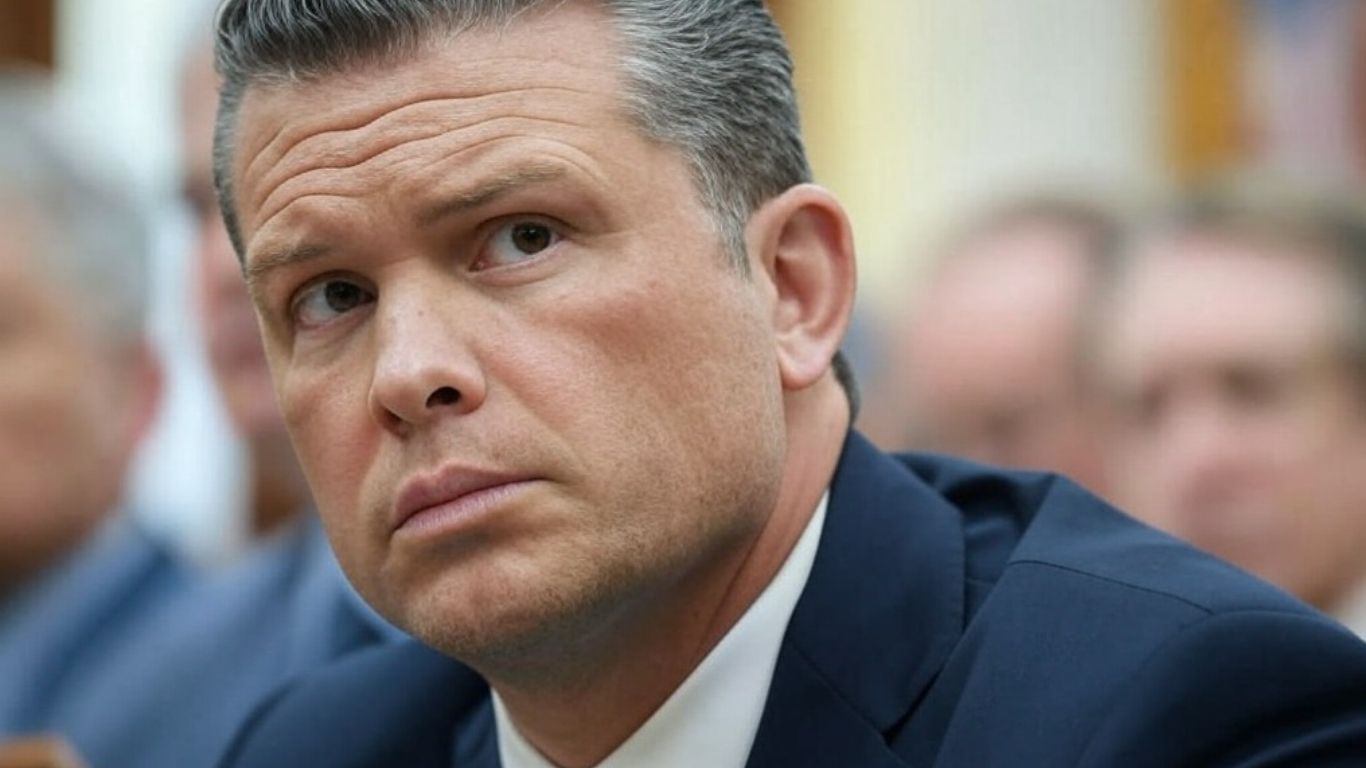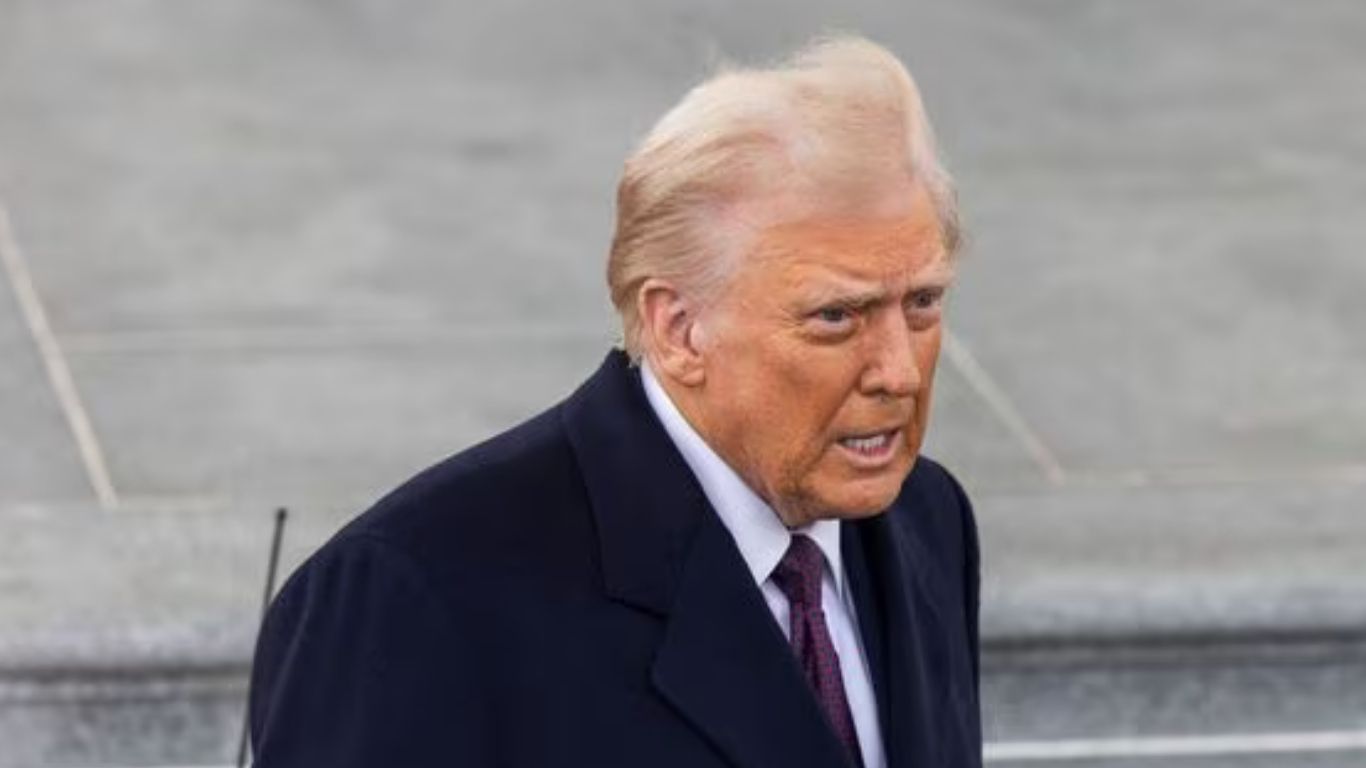Pete Hegseth, Donald Trump’s nominee for Defense Secretary, found himself at the center of a viral moment during his Senate confirmation hearing on Tuesday. The former Fox News host faced tough questions about his qualifications, including allegations of past misconduct, his views on women in the military, and his involvement in controversial war crime pardons. However, a specific exchange with Sen. Tammy Duckworth (D-Ill.) about the Association of Southeast Asian Nations (ASEAN) drew the most attention online.
The ASEAN Blunder
During the hearing, Sen. Duckworth, a combat veteran and outspoken critic of Hegseth’s nomination, pressed him on his knowledge of ASEAN, a key regional bloc in the Indo-Pacific. She asked Hegseth to identify one country in ASEAN, its importance to the U.S., and the number of nations in the group.
Hegseth stumbled, admitting, “I couldn’t tell you the exact amount of nations in that,” before naming South Korea, Japan, and AUKUS (Australia, U.K., and U.S.), none of which are members of ASEAN.
Duckworth swiftly corrected him, pointing out that ASEAN consists of 10 member countries: Brunei, Cambodia, Indonesia, Laos, Malaysia, Myanmar, the Philippines, Singapore, Thailand, and Vietnam. She added, “None of those three countries that you’ve mentioned are in ASEAN. I suggest you do a little homework before you prepare for these types of negotiations.”
Why ASEAN Matters
ASEAN has been a pivotal partner for the U.S. in the Indo-Pacific region for nearly 50 years. While it is not a military alliance, ASEAN plays a critical role in diplomacy and regional stability. The U.S. maintains defense alliances with ASEAN members Thailand and the Philippines, and Singapore is designated a Major Security Cooperation Partner. The bloc also serves as a counterbalance to China’s growing influence in the region, making it central to Washington’s Free and Open Indo-Pacific Strategy.
Hegseth’s inability to address ASEAN during his confirmation hearing raised concerns about his grasp of key geopolitical dynamics, especially as the Indo-Pacific is a strategic priority for U.S. defense policy.
Reactions to the Gaffe
Criticism
The exchange quickly gained traction on social media, with critics questioning Hegseth’s preparedness and suitability for the role of Defense Secretary.
- Sen. Tammy Duckworth: Called Hegseth “not qualified” and highlighted the importance of knowing key alliances in the Indo-Pacific.
- Former Rep. Debbie Mucarsel-Powell (D-Fla.): “Hegseth can’t name one country that’s part of ASEAN and doesn’t know any of the U.S. international security agreements. America, if you want peace and security, this ain’t it!”
- Really American (liberal advocacy group): Labeled the moment a “mic drop,” emphasizing the importance of basic geopolitical knowledge.
- VoteVets: Echoed concerns about Hegseth’s qualifications.
One user on X (formerly Twitter) summed up the sentiment: “This is simultaneously hilarious and terrifying. No great power in history has combined such immense imperial hubris with such profound ignorance of others.”
Defense of Hegseth
Some conservatives and supporters defended Hegseth, arguing that ASEAN’s role in the context of U.S. defense strategy was not immediately clear.
- Former Rep. Peter Meijer (R-Mich.): Suggested Duckworth’s question was a “gotcha” and noted that it wasn’t clear why ASEAN, a political and economic union, was relevant to Indo-Pacific defense agreements.
- Other supporters: Downplayed the importance of knowing ASEAN specifics, claiming that the question was intended to trip Hegseth up.
The Broader Implications
This incident has amplified concerns over Hegseth’s qualifications for the Defense Secretary role, which requires an in-depth understanding of global alliances, military strategy, and diplomacy.
Critics argue that his lack of knowledge about ASEAN reflects a broader issue of underpreparedness. The Indo-Pacific, and specifically ASEAN, is vital to countering China’s influence in the region. As the “Free and Open Indo-Pacific” strategy explicitly states, ASEAN’s geographical and strategic importance cannot be overstated.
Even some of Hegseth’s Republican supporters have acknowledged that his performance in addressing ASEAN highlights gaps in his knowledge that must be addressed before assuming such a critical role.















